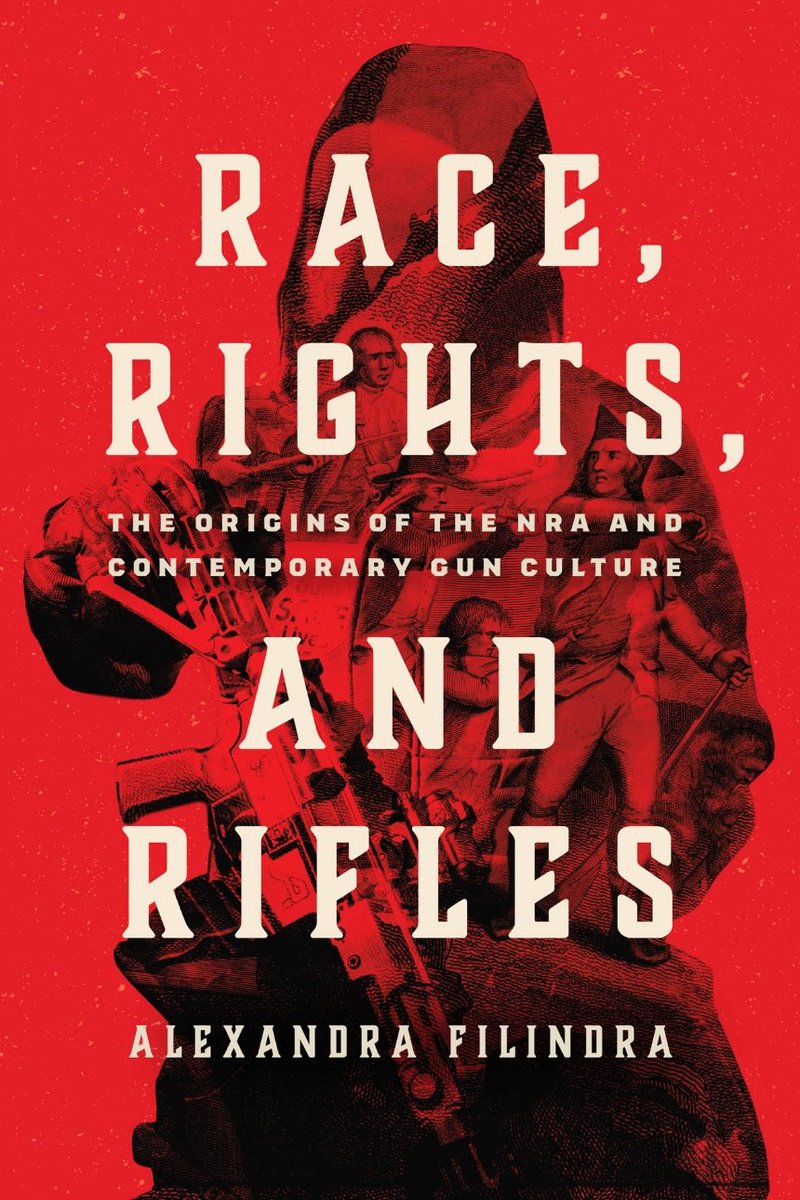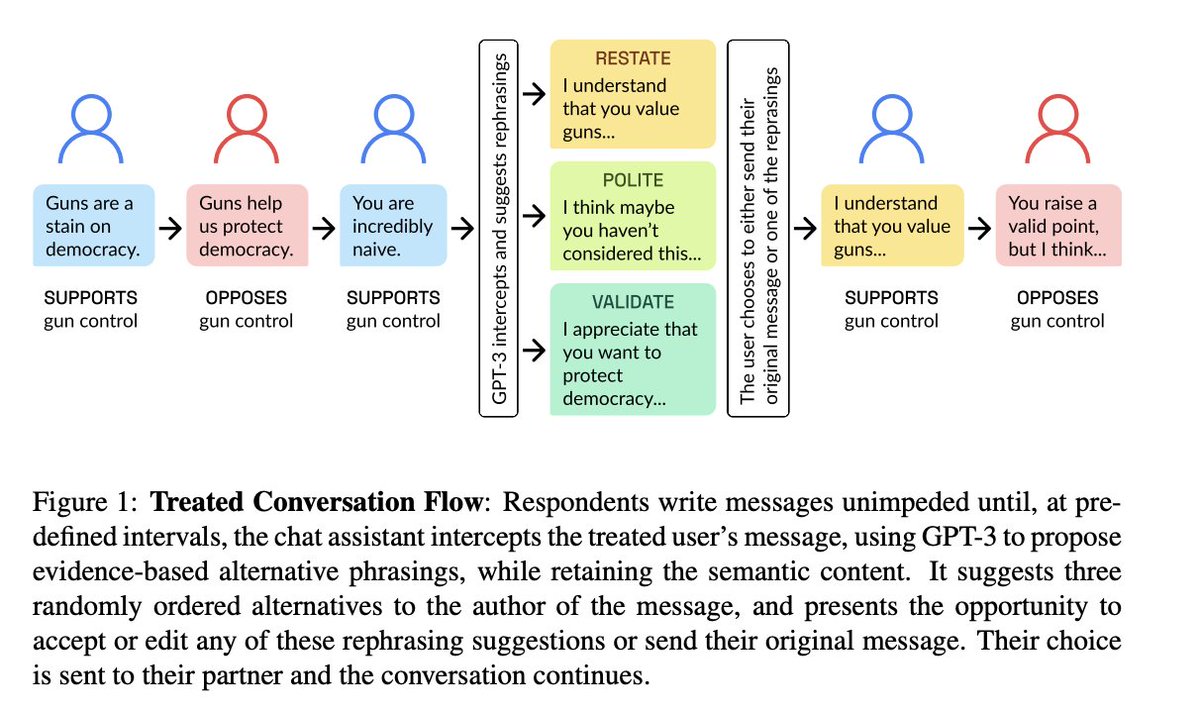
Joshua Gubler
@joshua_gubler
Political psychologist @BYU. @umich alum. Find me outdoors (mountain biking, climbing, etc.). I *think* all views are my own.
ID: 1254096208005480449
http://joshuagubler.com 25-04-2020 17:13:52
66 Tweet
257 Followers
226 Following

New paper with @LamarPierce1 and Scott Wiltermuth came out today in Organization Science! We show paying MORE initially for durable good like a house ($400k vs $399k) may make sense because of intergenerational anchoring around round numbers. Check it out! pubsonline.informs.org/doi/abs/10.128…



Chris Bail (chris_bail_duke 🧵) Yay! Thanks for having me! And for the interested, a preprint of the paper, forthcoming at Political Analysis, can be found here: arxiv.org/abs/2209.06899 // Nancy Fulda Joshua Gubler David Wingate Ethan Busby Chris Rytting
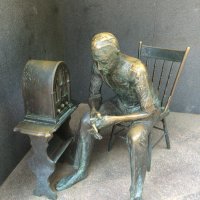

It’s officially online! Our paper, “Out of One, Many: Using Language Models to Simulate Human Samples” is published Political Analysis. This paper is for anyone who is trying to figure out what ChatGPT and other recent Artificial Intelligence advances mean for social science research
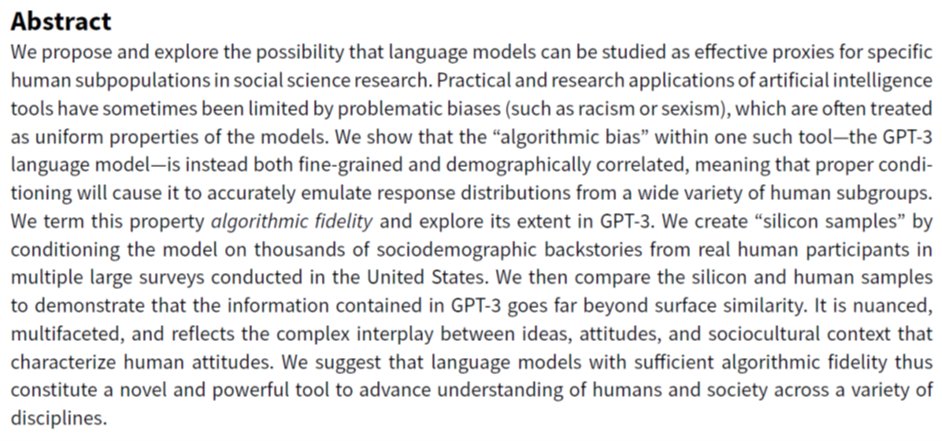






5/ If you like the sound of this research, please follow my truly amazing collaborators Lisa Argyle Ethan Busby Joshua Gubler Vin Howe Chris Rytting David Wingate who are pioneers of research in this area and were very generous to let me come along for the ride!


New article PNASNews with Joshua Gubler , Lisa Argyle , Chris Bail (chris_bail_duke 🧵) , David Wingate , Taylor Sorensen , Vin Howe, and Chris Rytting on how AI tools can improve democratic discourse. It's open access at this link: doi.org/10.1073/pnas.2… We explore how an AI chat assistant can act...


As I've said many times before, so much of the credit for this work goes to my amazing collaborators Lisa Argyle Vin Howe David Wingate Joshua Gubler Ethan Busby Chris Rytting make sure to check out their other work, it's amazing!

Congratulations to Alex Coppock whose book, “Persuasion in Parallel,” has won the Robert E. Lane Best Book Award from the APSA Political Psychology Section! Thanks to @wustlPOLISci and Joshua Gubler for serving on the committee.
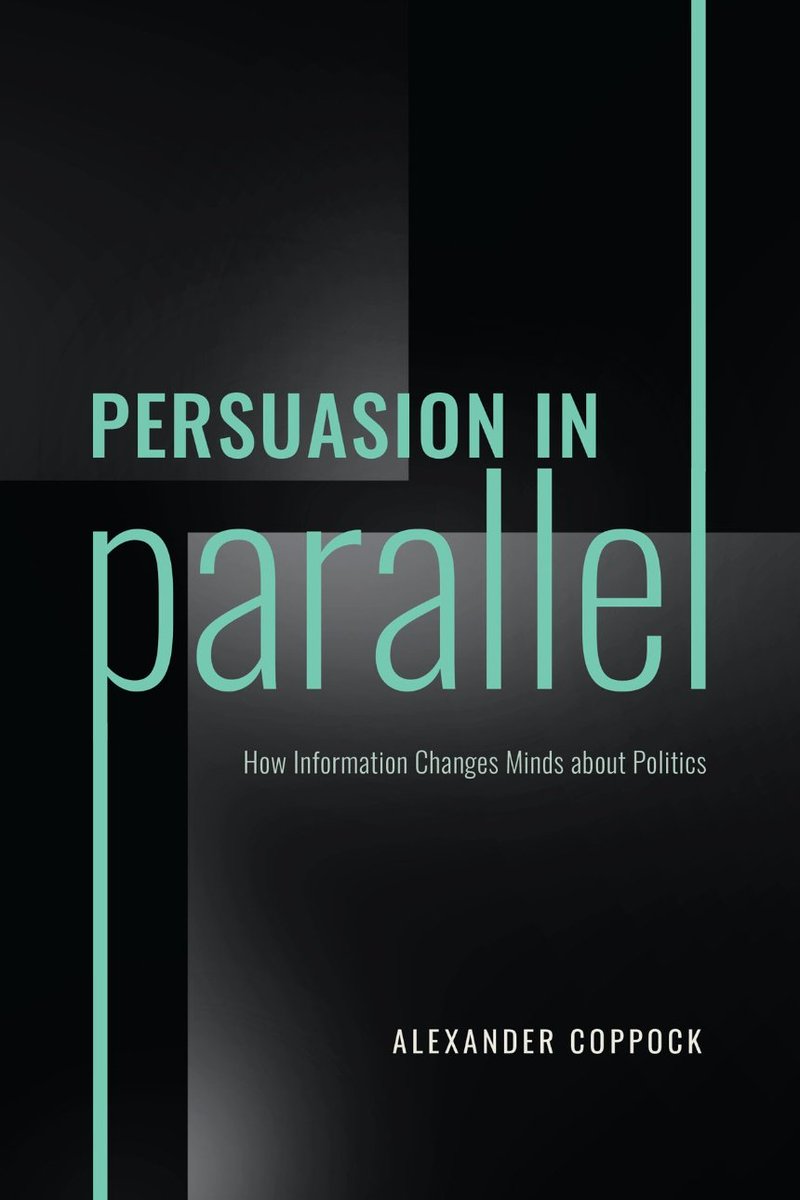

Congratulations to Alexandra Filindra whose book, “Race, Rights, and Rifles,” has received honorable mention for the Robert E. Lane Best Book Award from the APSA Political Psychology Section! Thanks to @wustlPOLISci and Joshua Gubler for serving on the committee.
